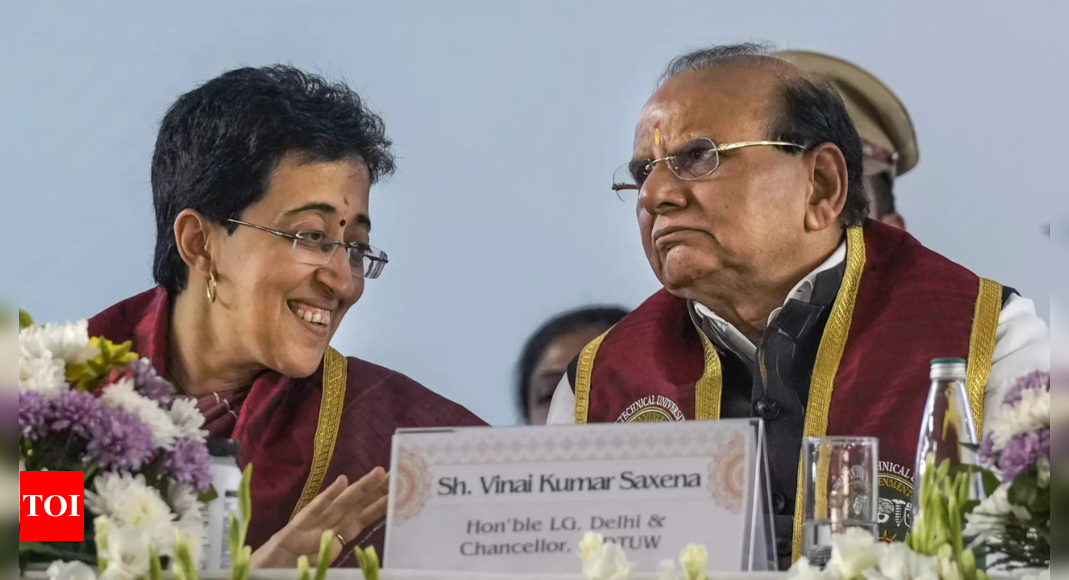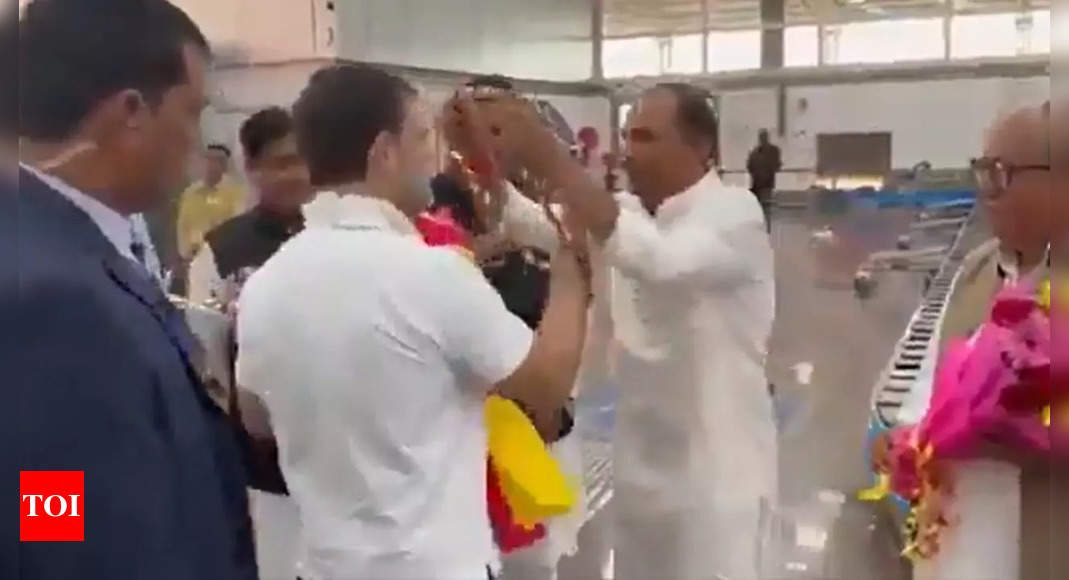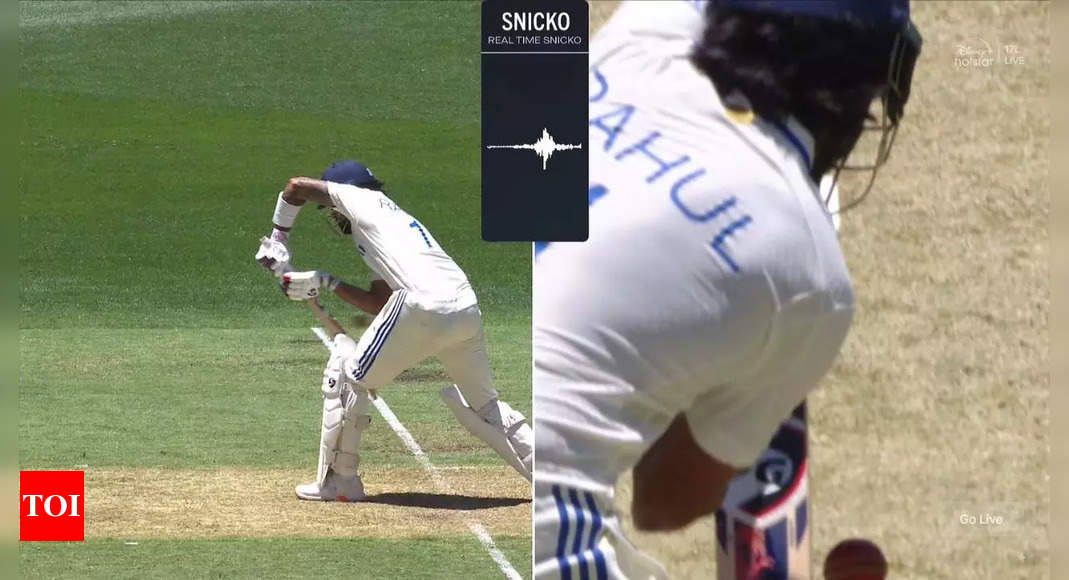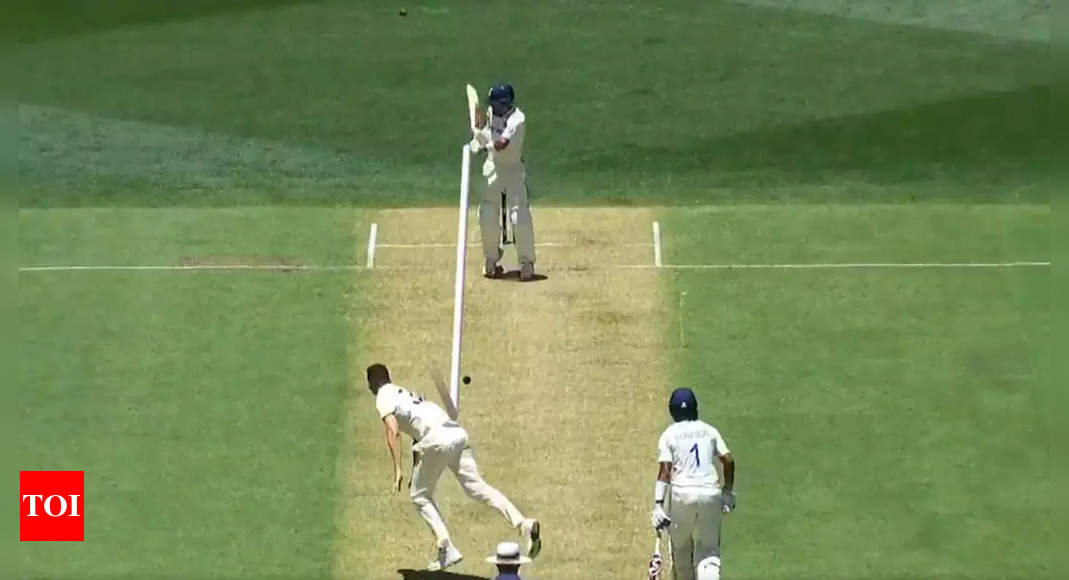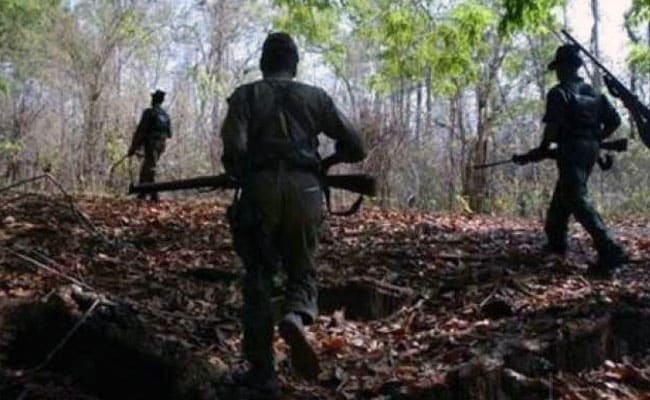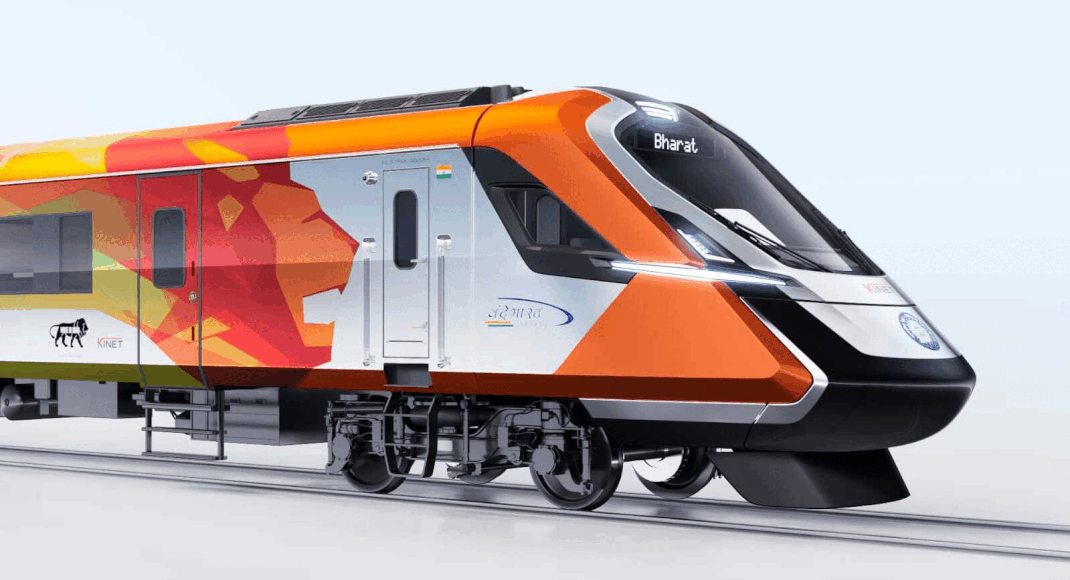
MOSCOW: Amid the big push for Vande Bharat trains, the railways is yet to finalise the design for these new trains with sleeper coaches even 14 months after it signed an agreement with an Indo-Russian joint venture (JV). What has held up the freezing design is the need for more toilets, new luggage zones in every coach and a pantry car in each train to meet Indian requirements.
“If Indian Railways will postpone the process, the timeline for execution will definitely be impacted…We are keen to start production quickly. To my feelings, what we are discussing can all be resolved at the same time, within two hours. We are spending months just sending letters and waiting for the explanations,” said Kirill Lipa, CEO of TMH, the major shareholder in the JV that has got the contract to manufacture 1,920 Vande Bharat sleeper coaches or.
Kinet Railway Solutions, the SPV of TMH and Indian Railways’ PSU, RVNL to execute the project, bagged the Rs 55,000 crore contract to manufacture Vande Bharat sleeper trains and the agreement was signed in September last year. TMH is among the top five railway companies across the globe with more than 1 lakh manpower.
Lipa said till May this year they were hopeful of rolling out the first prototype of the train by the year end. But the Indian Railways sought changes in the design of the coaches and they had to rework. “These changes are creating the need for time and for additional budget,” he added. The SPV has sought compensation for the changes in design.
However, he said they are hopeful of rolling out the prototype by the second quarter of next year and as per the contract, they need to do so by the end of 2025.
An official spokesperson of TMH said while in the original contract the condition was to manufacture 120 trains and each having 16 coaches, now it needs to produce 80 trains and each having 24 coaches. In place of the earlier condition for three toilets in every coach, now Kinet has to provide four lavatories, and every train needs to have a pantry car, which was not in the original tender conditions. The railways also sought space for luggage zones in each coach, which was not there earlier.
A railway spokesperson said the “technical modifications” were sought as per the contract agreement and Kinet gave the responses “after a gap of 4-5 months” and their response is under examination. The railway said, “Looking into the future requirements of travelling passengers on the Indian Railways network, it has been decided to opt for 24 coaches in future.”
Lipa said while the composition of each train so far as the number of coaches are concerned is not an issue at all, changes in design is a complex process. “It’s not the design of the coaches itself. The significant changes have been about the design. For example, we got the demand to increase the number of toilets. If you put this additional toilet into the coach, it seems there is no problem. But the problem comes from engineering. We need certain systems for this, and it means you need to change the whole layout of the coach; reshape the design and engineering infrastructure within the coach. You need to change in terms of windows and seats. So, when we have some deviations like this, it unfortunately brings us back in terms of design because the old design is more or less completely finished,” the TMH CEO said.
On the fresh requirement of a pantry car in each train, he said this is not just about cooking, but this must be done as per the standards of railways and fire system for security of wires. “We need a very clear explanation from the customer of what exactly it wants to have in a pantry; what are the terms and conditions. It needs electricity, heating and water supply. You need to put certain cable and pipes in the train and not just in the one pantry car. Once again, the trainset will be redesigned to some extent,” Lipa said.
He said since these were key changes as compared to the original contract they have sought resigning of the contract with modifications to avoid any legal problem in future. Lipa said they have sent letters to the Indian railways and recently on September 27. “We have given official letters to Indian Railways mentioning point by point what should be done in terms of resigning of the contract and we are ready to do it. It has not been resigned yet,” he added.
The CEO said the matter was raised even at the India Russia Inter-Governmental Commission for Trade, Economic, Scientific and Cultural Cooperation (IRIGEC-TEC) meeting in Delhi last week, which was chaired by external affairs minister S Jaishankar.
Lipa said, “We raised this issue during the meeting, and we hope it was raised in the right manner and at the right level. It’s not that we are seeking some pressure from the Russian govt but we want the Indian railways to give us key explanations. And for that, we definitely need some support from the govt leaders in India. I believe that after this meeting we will find solutions.”


